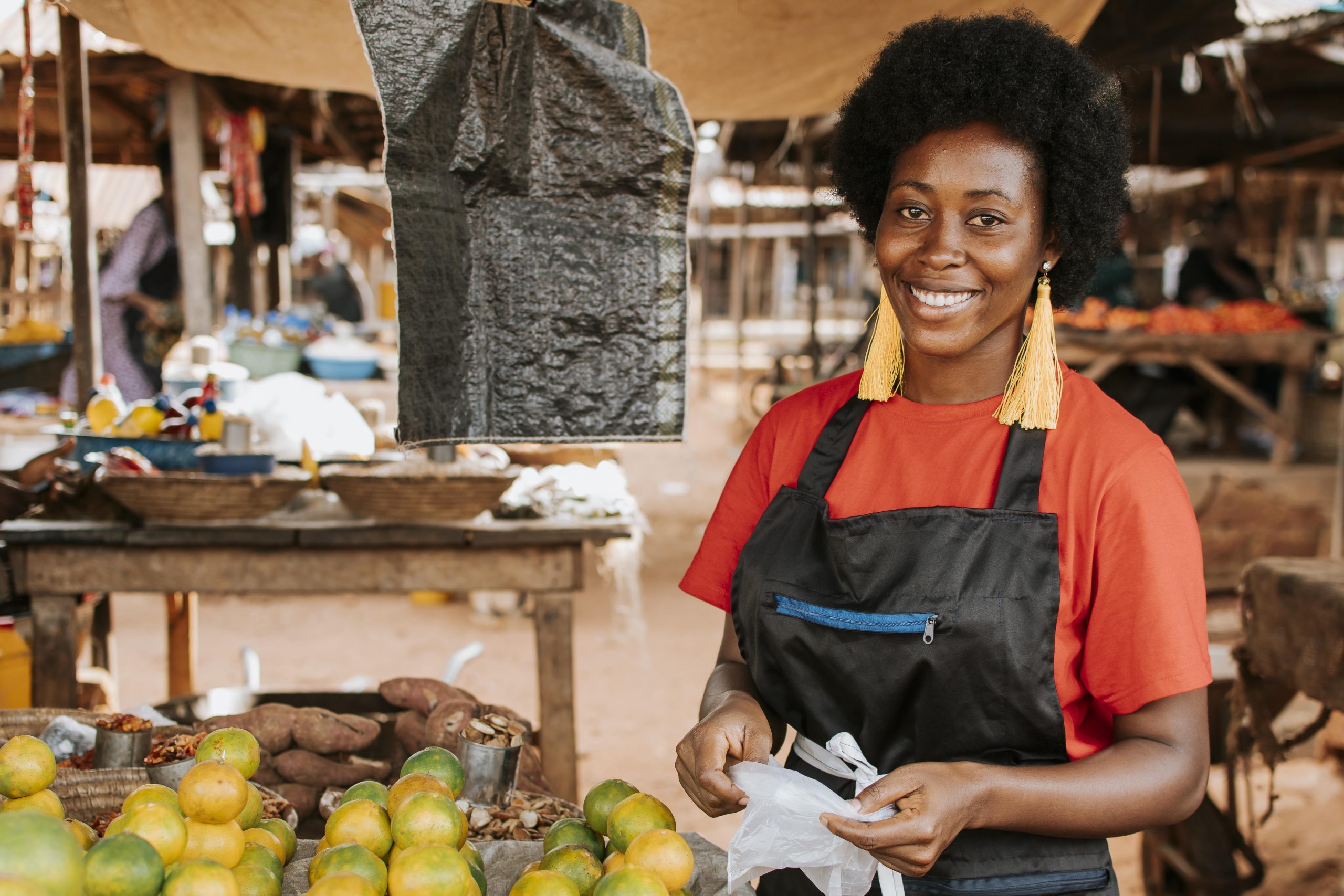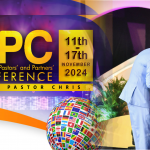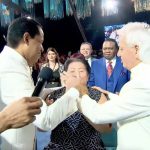
When you study this map, you realise that the continents with the lowest trade between their countries are the poorest. Those with a lot of trade are rich[er]. Why then are the poorer continents not emulating the richer ones and creating conditions for their countries to trade with each other?
The level of intra-African regional trade is the lowest globally. Regional integration is a development priority for Africa says the Africa Development Bank! Why is it that the 50 something countries within the second largest continent do not trade with each other? Academics will point to regional integration and the academic reasons that prevent it? That is only part of the answer. Dr. Kwame Nkrumah as far back as the early 60s pushed for intra-African trade—specifically an economic and political unity of African states but his ideas were aborted when he was ousted in a CIA-assisted coup d’ état in 1966.
Some of the major reasons for lack of significant intra-continental trade within Africa between its countries is rooted in FEAR and PRIDE. A subset of FEAR is INSECURITY which breeds MISTRUST. This mistrust permeates through all spheres of the African society and reality at present. Let’s examine how fear and then later pride hinders Africa from reaching her potential.
FEAR AND TRUST
African countries have TRUST issues. They’d sooner trust foreigners than fellow Africans—and it is this that has manifested in the lowest level of intra-continental trade. States are made up of people. One people group does not trust another people group. When you interrogate the reasons why, the answers proffered are usually flimsy and superficial. Some have not even critically examined why they hold negative views about their neighbours. If given the chance to travel outside the continent or within the continent, most Africans would probably select the former.
There are many reasons for the FEAR and PRIDE that hamstrings development within Africa. Some are rooted in the further balkanizing of already balkanized Africa in the 1800s by European powers known as the “Scramble for Africa”. Colonization either through the policy of association or assimilation did not help but further divided Africa and its people. Divide and rule tactics by imperialists was, and in some cases still is, the order of the day. Divided we fell but together we could have stood. Then came the importation of democracy into the continent in the 1950s. The strain that was prevalent in Africa and still is, is the divisive, winner-takes-all politicasting that causes one group in society to demonize the other side without recourse to actual national development issues. Propaganda has become normal in Africa’s political landscape.
Politic in the 1828 Webster’s dictionary is defined as: “Wise; prudent and sagacious in devising and pursuing measures adapted to promote the public welfare; applied to persons; as a politic prince”.
A politicaster is defined by the same dictionary as “A petty politician; a pretender to politics.”
Many today fall into the latter category in Africa’s political landscape. When people take what is not theirs to take from the state at the expense of the public good, it is usually because they are afraid that without that political office, they cannot secure that which they took on their own. Its FEAR. Corruption is rooted in fear, insecurity and pride.
Returning to intra-continental trade, crafting policies to improve intra-regional trade that do not take into account this sordid past and remedying its consequences is akin to placing a plaster on a deep wound without treating it. Such a solution will not last. There should be a way of building TRUST between African tribes, ethnic groups, political parties, countries etc. Religious entities would have been in the best position to do this in a very religious Africa, however, even in this sphere of influence MISTRUST is the order of the day.
PRIDE
If mistrust is a subset of FEAR, what then is the role of PRIDE in this matter? Pride is manifested in Africa’s various types of racism. Racism? Oh yes, racism? It goes by many names within Africa but they are all forms of racism. Examples include Xenophobia [South Africa comes to mind], Ethnic Cleansing [Rwanda comes to mind], Religion motivated slaughters [North and South Nigeria / Boko Haram come to mind], Tribalism [Ghana comes to mind] etc. etc. There even exists racism between dark skinned and light skinned Africans. The list goes on and on.
All the above are a manifestation of pride—the idea that one group believes they are superior to another, the idea that one group is more entitled to a right to life than others. For some Africans, it is easier to trust colonial masters they look up to than to trust Africans they deem less than themselves. What a sad state of affairs. After the US successful coup defat in Libya that has left the once prosperous country lawless, we now have a situation where dark skinned Africans are abducted and sold in slave markets in Libya by light skinned African Arabs. Is this not racism at its worst?
CONCLUSION
The lowest level of intra-continental trade is simply symptomatic of a broader problem rooted in fear and pride.
While considering all the academic reasons for this, leaders should also think outside the box and see if there are ways to minimise or mitigate the FEAR and PRIDE factors. The Gacaca courts of Rwanda and other such systems may help us find elements that work when it comes to properly burying the hatchet, healing past wounds and moving forward. This document does not hold the answers but tries to show that maybe we have not been looking at all the symptoms holistically.






